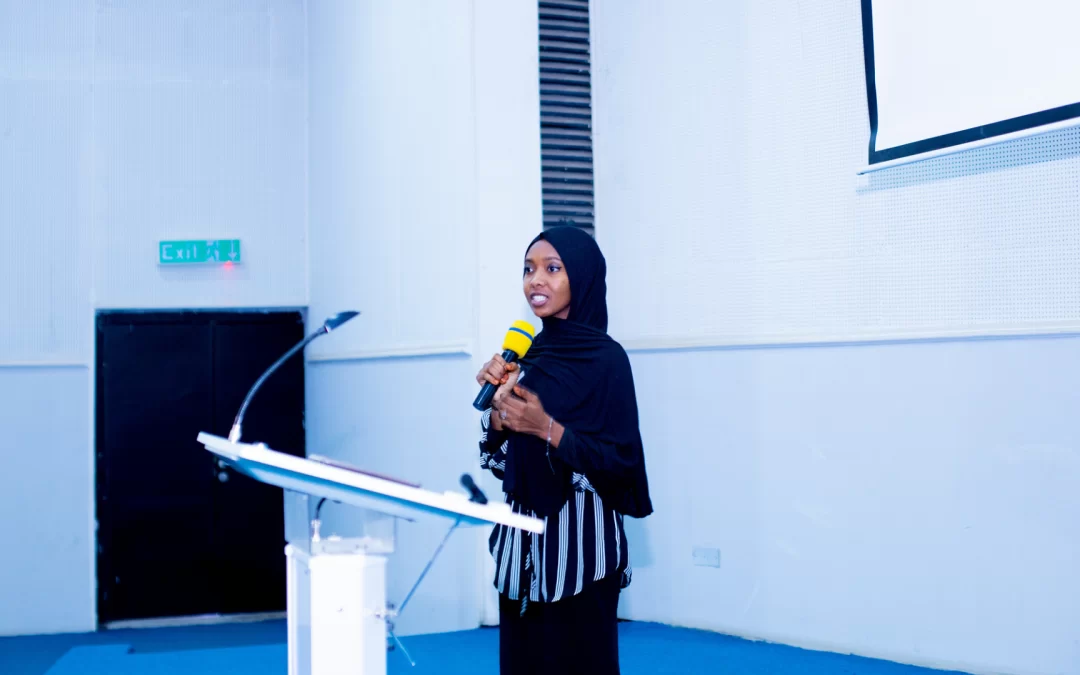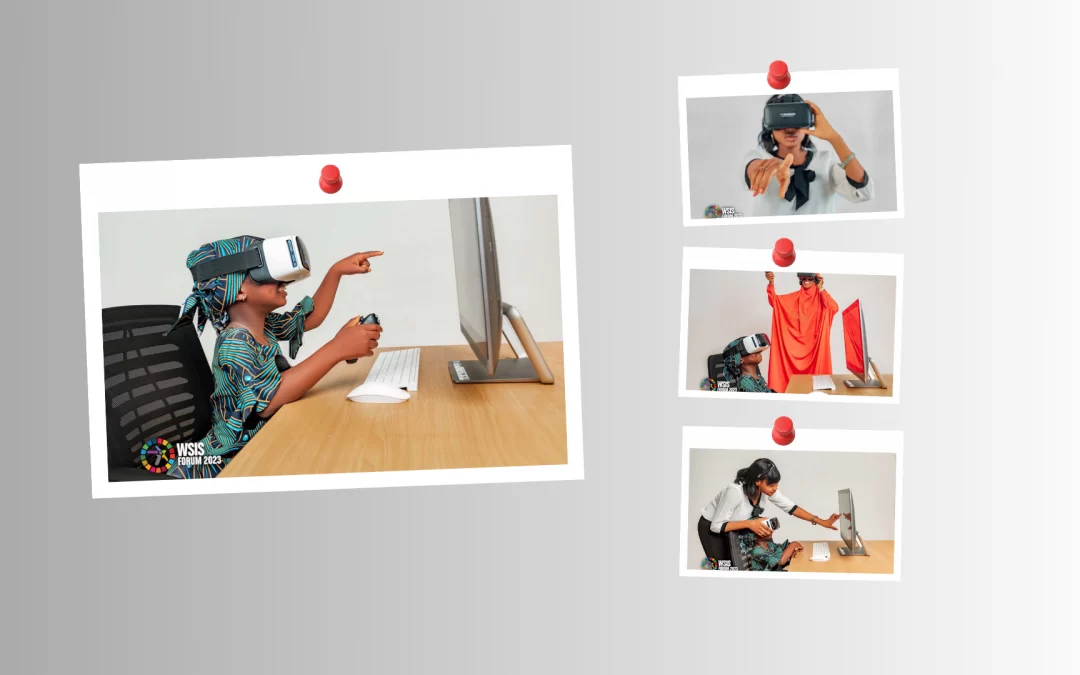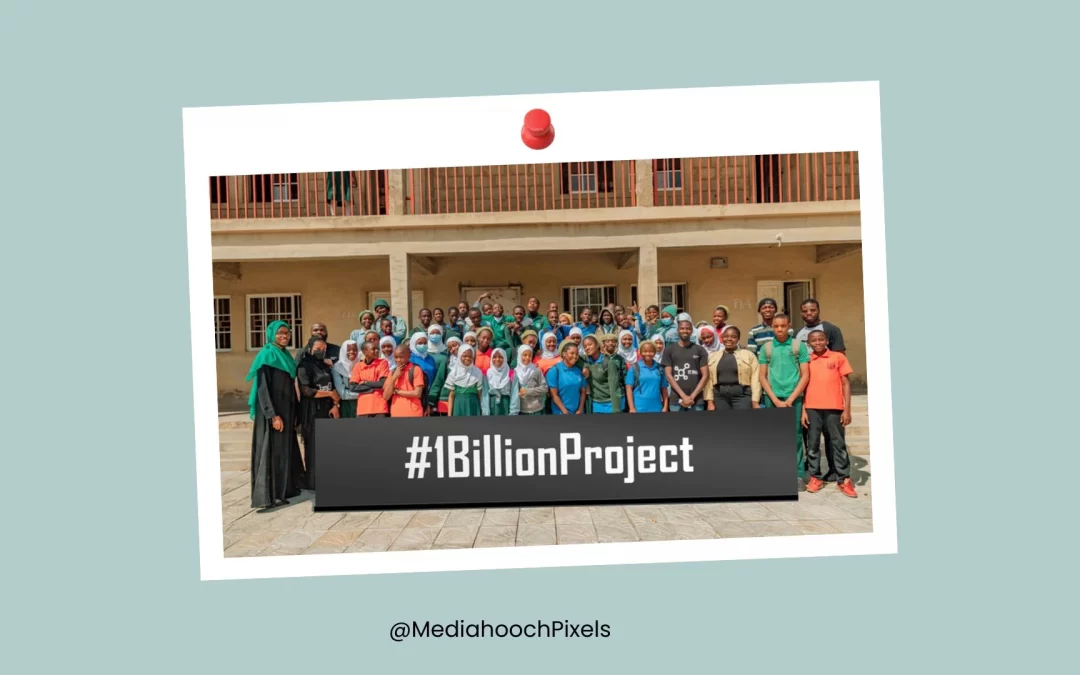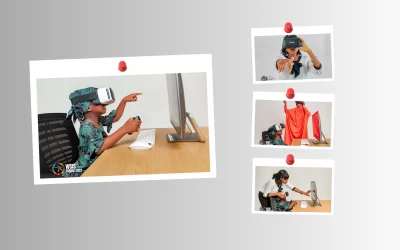#TeachAChildHowToCode is a challenge for every developer out there. This is an avenue to make an impact on the future.
“One person can make a difference, and everyone should try.”
— John F. Kennedy
For this challenge, your task is to find a child (either a family member, friend, or someone in your community) and teach them how to code. This could be in the form of a one-time lesson or a series of lessons.
Steps to join this challenge
- Identify a child who is interested in learning how to code. This could be someone you already know or someone you find through a local school or community organization.
- Determine the child’s age and skill level. This will help you choose appropriate resources and materials for the lesson.
- Research and select a programming language and resources that are suitable for the child’s age and skill level. There are many options available, such as Scratch, Python, and HTML/CSS.
- Plan out your lesson. This could include an introduction to the programming language, a hands-on activity or project, and a review of what was learned.
- Teach the lesson! This could be done in person or online, depending on your location and the child’s availability.
- Encourage the child to continue learning and practicing their coding skills. This could involve providing additional resources or setting up future lessons.
What’s Next?
Sharing your progress and impact on social media with the hashtags #TeachAChildHowToCode and #1BillionProject can help raise awareness about the importance of teaching children how to code. It can also inspire others to get involved in similar projects or initiatives.
Here are a few ideas for sharing your progress and impact on social media:
- Share photos or videos of the child you are teaching coding to, along with a brief description of their progress and what they have learned (only images/vidoes added on socials will be counted as an impact on the 1 Billion Project)
- Share quotes or testimonials from the child or their parents about their experience learning to code.
- Share statistics or information about the benefits of teaching children how to code, such as increased problem-solving skills or career opportunities.
- Share links to resources or tools that you found helpful in teaching the child how to code.
- Encourage others to join the #TeachAChildHowToCode challenge or to get involved in similar initiatives in their own communities.
Why should you join this challenge?
The aim is to be among the persons who made an impact on 1 Billion People world wide. I hope this challenge gives you the opportunity to share your knowledge and passion for coding with the next generation of developers. Good luck!




![[Update] Graphic Design Challenge 1.0](https://mediahooch.com/wp-content/uploads/2022/12/graphic-design-scaled.webp)



